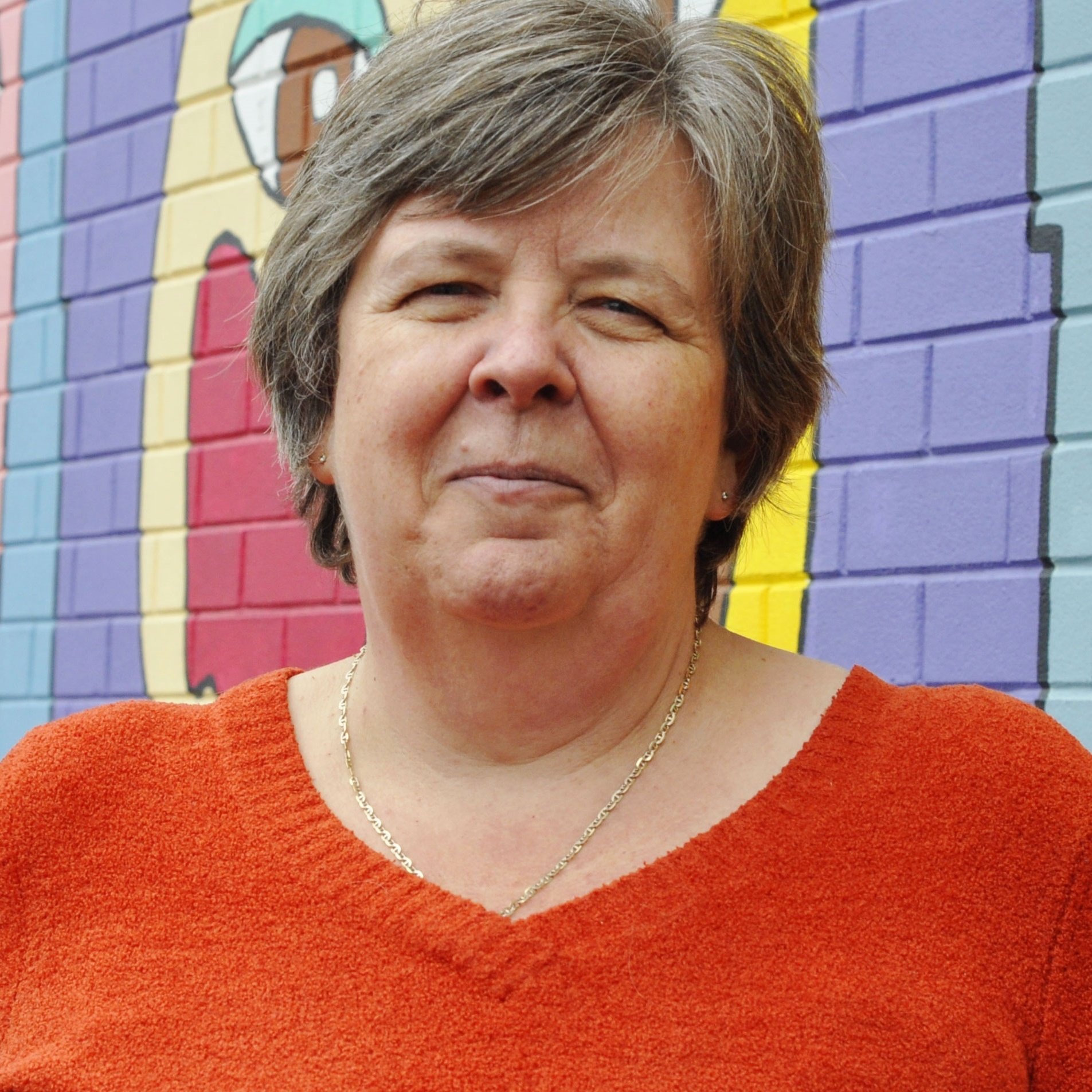Recently, there was a gathering in Toronto focused on how the voluntary or community benefits sector engages with data to advance and even transform community outcomes. This was the second stop on a world tour by the Data on Purpose group from Stanford University.
and even transform community outcomes. This was the second stop on a world tour by the Data on Purpose group from Stanford University.
It was a provocative day with keynote speakers and panels addressing a wide variety of topics including the opportunities and challenges of digital data; how funders can open up their data for impact and governments as partners: collaborating on data solutions for the sector.
My involvement included listening to the speakers, actively tweeting my thoughts (@weaverworks and #sectortransform17) and joining a panel which focused on Collecting Data for Collective Impact.
There were a couple of themes raised during the day that still resonate with me, even after the workshop. One participant raised the question, can data really transform the sector or is it the people and how they access, analyze, interpret and learn from data that transforms the sector?
Another question, raised by opening keynote, Lucy Bernholz, Senior Research Scholar, Stanford University Centre on Philanthropy and Civil Society, focused on who was the owner of the data? She provocatively said that the data is owned by those providing it. Deciding that those who provide the data are the owners can change how we think about what we do with the data, how we analyze it and who we engage.
Connecting the ownership of data to the provider, for me, makes a case that if we are using data to transform our work and our community outcomes, it is pivotal that we include the owners of the data in this work.
In the panel on Collecting Data for Collective Impact this idea was further explored. A key condition of collective impact is bringing the voices from different sectors together to deeply understand the issue or problem trying to be addressed. However, many collective impact efforts shy away from the inclusion of people with the lived experience or context experts. Their ability to interpret data from the perspective of lived experience can provide insights that can shift our understanding of the problem and how it plays out for individuals.
How can data transform the sector? Reaching beyond data experts, reaching into community, dealing with the issues of ownership, privacy, access and learning and then working toward inclusion of multiple perspectives in the analysis and interpretation of data are steps in the right direction.
To learn more about the Transform the Sector workshop, speakers and ideas, visit: http://transform.thesector.ca/





